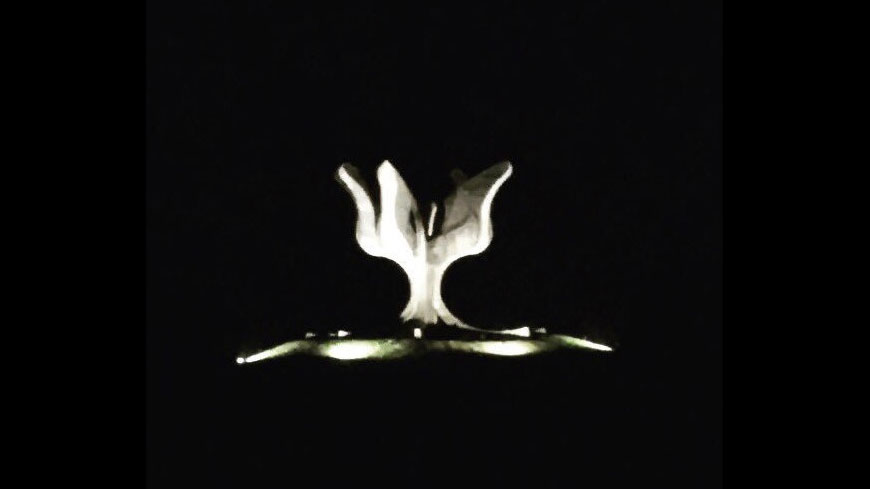«Более 80 000 человек были зверски убиты в концентрационном лагере Ясеновац. Это место глубокой боли является символом катастрофических последствий необузданного национализма и ненависти. Сегодня я хотела бы почтить память жертв этих злодеяний, выразить свою солидарность со всеми, кто чтит память об этих трагических событиях, и поддержать тех, кто неустанно борется за уважение и достоинство людей, которые погибли в этом ужасном месте. Я присоединяюсь к их голосу, потому что мы должны быть сильнее и громче, чем те, кто отрицает или манипулирует правдой о произошедшем здесь», - сказала сегодня Комиссар Совета Европы по правам человека Дуня Миятович после участия в церемонии, посвященной освобождению лагеря смерти, которым руководил фашистский режим Усташей в 1941-1945 годах в Ясеноваце, Хорватия.
Далее на английском языке.
The Commissioner finds that denial of the Holocaust, genocide and war crimes remains a serious problem in Europe today, and that politicians play a crucial role: they must choose not to propagate falsehoods about past atrocities. Instead, they have a duty to promote respect for the memory of the victims and ensure the rights of the survivors. “There are politicians and public figures in Croatia who minimise the responsibility of perpetrators, glorify them or outright deny the occurrence of past crimes. The history of Jasenovac shows very clearly why this is a very dangerous road. Historical revisionism should have no place in today’s Europe”, she said.
”We need to promote teaching of history based on truth, respect for all the victims and an open dialogue about past crimes. We must actively reject the hate and violence that has caused so much suffering on our continent. This is the only way we can achieve genuine social cohesion. Jasenovac should be a lesson for us all. We must not let such human tragedies happen ever again.”, the Commissioner concluded.
In Zagreb and Jasenovac the Commissioner met with representatives of the Serb National Council, the Coordination of Jewish Communities in Croatia, the Roma Union 'Kali Sara' and the Croatian Alliance of Antifascists who organised the commemoration, as well as with the survivors of the camp.



